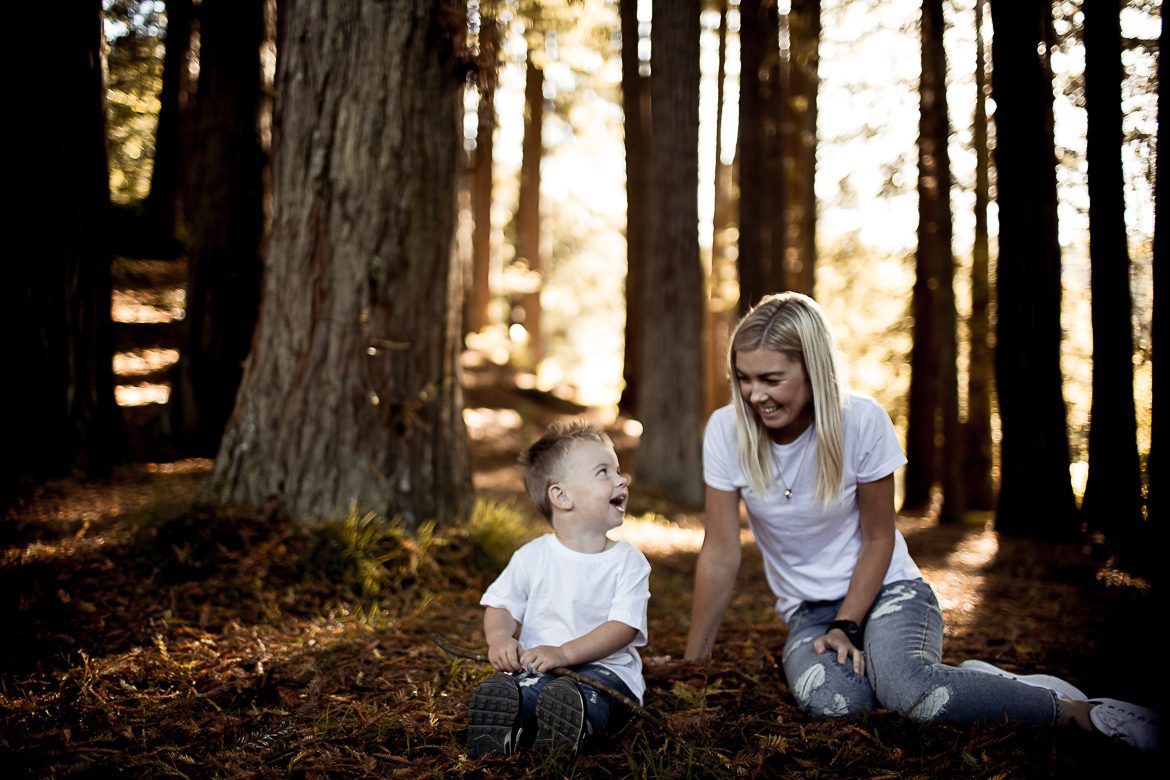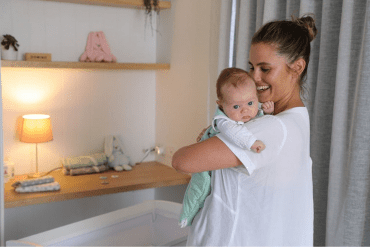By Anisha Pandya Patal
We can all agree that dealing with toddler power struggles is not the most exciting part of parenting.
When your little human stomps his feet, screams out loud, rolls on the ground, or even shouts some unpleasant things, you think to yourself, “Dude, all I did was ask you to put on your shoes.”
The good news is that these terrible two’s and three’s are usually a phase. These big feelings inside little bodies need somewhere to go. They don’t know how to clearly articulate all the feels, so as a result, we get these explosive reactions.
Let’s pretend.
You need to hit the road with your little one, and so your 3-year-old has to turn off his favourite TV show and put on his shoes. You know there’s a good chance this is going to turn into a power struggle because this has happened 17 times before. What, oh, what are you to do?
Here are eight tools to help with toddler power struggles and keep a positive flow in your family & home:
1. Ask yourself, is this necessary. Before we get swept into the idea that our toddler must obey our requests, it’s more important to take a second to make sure that the request is actually needed. In this example, yes, we cannot leave the house without shoes. But sometimes, we have rules and expectations that are based on our own beliefs or reflections rather than honouring theirs. Our kiddos are essentially on their own journey and there’s a difference between guiding and forcing.
2. Understand your child’s triggers. Is he upset because you interrupted something that was bringing him joy and now you’re asking him to put on shoes? Is he frustrated because he doesn’t know how to put them on too well and is feeling overwhelmed by the task? Is he overtired and it was a poor decision to ask him to conduct a task independently at this point? There could be several reasons for these tantrums, but once you are able to identify the triggers before an episode, you can modify the environment to avoid the child from feeling overwhelmed. Do a little homework to avoid the power struggle.
3. Empathize with your little one. “I can see that you really want to watch TV and it is making you feel upset that we need to turn it off.” By putting his feelings into words, you are not only teaching him how to express his frustration, but you are letting him know that you understand. To feel understood is invaluable. We all want to feel understood and our little toddlers are no different. Kneel down to eye level with your toddler and remain calm. A hug can go a long way. You want to help him calm down and you do this by connecting with him and modelling the behaviour you want to see.
4. Give a fair amount of time and warning. If I was watching my favourite TV show and my husband took the remote and shut it off and told me it was time to put on my shoes, I might quite possibly roll on the ground and scream too. Okay, no, I wouldn’t do that, but I wouldn’t be thrilled. The point is if we are suddenly asked to perform a task that we don’t necessarily like, it can be frustrating. Not to mention it is bad manners too-not the best role-modelling, right? Instead, let your child know that he can watch TV for 5 more minutes and then it’s time to put on his shoes. Pause the show and ask him to repeat this to you so you can confirm he heard you and understands. When you finally ask him to turn off the TV, he will have been expecting it. He may not like it, but you are at least being fair in his eyes.











